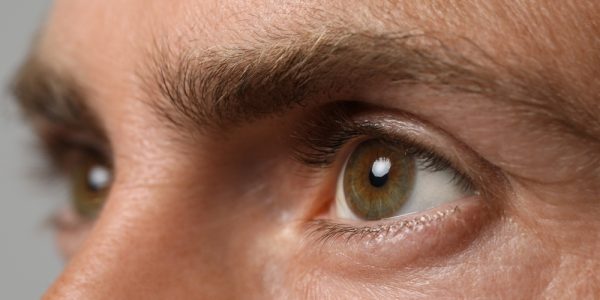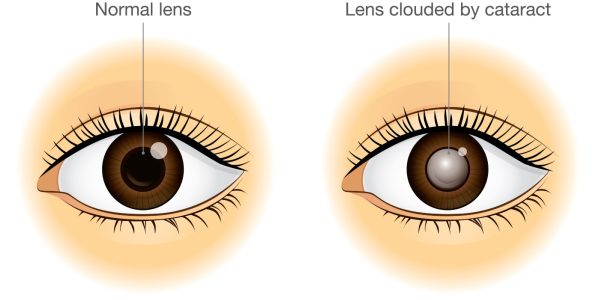
Cataract surgery is one of the safest and most routine procedures performed today. Modern technology, such as the use of the LenSx laser, has improved the accuracy and precision of parts of the surgical procedure and provides exceptional treatment outcomes.
Like any surgical procedure, there are potential side effects and complications of cataract surgery, even in the hands of a highly skilled, experienced and talented surgeon. Understanding what may occur after cataract surgery is important; it helps you keep an eye out for possible complications and alert your doctor if something goes awry.
During your pre-operative cataract surgery consultation, Mark Mandel, MD, will go over all of the surgical risks and side effects with you and answer all of your questions. Expect close follow-up after your procedure so he can monitor your eyes as they heal for any signs of complications.
Blurriness
One of the most common side effects of cataract surgery is blurry vision. Fortunately, the blurriness is usually temporary and resolves on its own with time. If you experience persistent blurriness, it is a sign you should contact your doctor for further clarification.
Light Sensitivity
Another possible side effect of cataract surgery is sensitivity to light, particularly in patients with light-colored eyes. Usually this only lasts briefly, and can be helped by wearing sunglasses when going outdoors on sunny days. If sensitivity to light persists more than a few days, it might indicate an underlying condition such as infection or inflammation.
Posterior Capsule Opacification
Approximately 30 percent of cataract surgery patients develop posterior capsular opacification, also known as a “secondary cataract.” This occurs when the capsule, or membrane, that previously held your natural lens and now holds your intraocular lens implant becomes cloudy. The condition can cause cloudy or blurry vision, similar to primary cataracts.
Secondary cataracts can be treated quickly and painlessly with an in-office laser procedure. A YAG laser removes the affected part of the capsule to create a clear pathway for light to enter the lens and travel to the retina.
Usually an improvement in vision is noticeable as soon as one to two days after the YAG laser procedure.
Inflammation and/or Irritation
A small number of patients experience eye inflammation or irritation after cataract surgery. Mild redness or swelling is usually not cause for concern, but persistent irritation may require treatment. Mark Mandel, MD, prescribes several eyedrops to help protect the eyes against inflammation and reduce the risk of infection after cataract surgery.
For more information about cataract surgery and the associated side effects, please contact our practice and set up a consultation. Call 510-886-3937 today!


